43 what does gmo mean on food labels
“The News You Need Today…For The World You’ll Live In Tomorrow.”. Russia Moves From Logistic To Total War Commander Then Invites West To Read Nuclear War Doctrine “Sleepwalkers” Leading The World To War Love The Planet And Hate Humanity What Food Labels Really Mean - Raw, All Natural, GMO, BPA — WTF? GMO stands for Genetically Modified Organism. GMOs are created by inserting foreign genes from a plant or animal directly into a food source's genetic code. Animal studies link GMOs to various types of cancer, rheumatoid arthritis, inflammatory bowel disease, osteoporosis, atherosclerosis, allergies, and Lou Gehrig's disease.
What is GMO food? USDA will begin new label in 2022 - ABC7 Chicago The USDA's new rules for labeling genetically modified foods took effect on Saturday. The changes are part of the Department of Agriculture's new rules on "genetically modified organisms" or GMOs ...
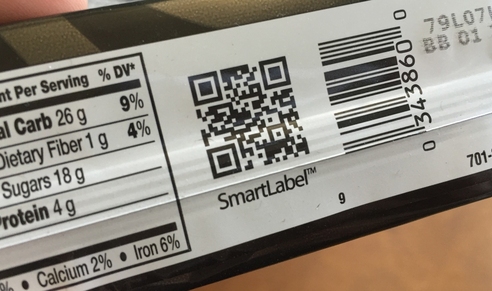
What does gmo mean on food labels
What Does Non-GMO on a Food Label Mean? - Canadian Food Focus GMOs are proven harmless and offer growers the option to use less water, fossil fuels and fewer pesticides in helping grow more food. Food production is complex, and by slapping a 'free-from' label on a package, we're unfairly simplifying the full story of where it comes from and why it's produced in a certain way. USDA Certified Organic: Understanding the Basics What about other labels — what do they mean? There are other voluntary labels for livestock products (e.g., meat and eggs): Cage-free: Birds are able to freely roam a building, room or enclosed area with unlimited access to food and fresh water during their production cycle. Verification of these claims may vary widely and does not impact what animals eat. Organic … gmoanswers.com › what-does-non-gmo-meanWhat Does Non-GMO Mean? | GMO Answers The important thing to know is that Non-GMO does not mean 100% GMO-free. Labeling standards are incredibly complex and vary from organization to organization, but most non-GMO certifying organizations consider products that have less than 1% GMO ingredients to qualify as non-GMO. A product could include as much as .9% GMO ingredients and still ...
What does gmo mean on food labels. chomps.com › blogs › newsGMO vs Organic: Key Differences Between Food Labels Oct 29, 2018 · The non-GMO label means the food product wasn’t made with GMO, but this doesn't mean it's organic. Organic foods are the most heavily regulated label. Purchasing foods with the "non-GMO" or "organic" label is your safest bet when it comes to overall health and minimal toxins. Organic and non-GMO labels are highly similar. What Does Non-GMO Mean? | GMO Answers Some companies may use their own labels, calling an item non-GMO, without verification from an independent organization. The important thing to know is that Non-GMO does not mean 100% GMO-free . Labeling standards are incredibly complex and vary from organization to organization, but most non-GMO certifying organizations consider products that have less than 1% GMO … Food Labels Explained - Farm Aid There are no federal regulations on labeling of food products containing genetically engineered (GE) ingredients or genetically modified organisms (GMOs); however, there are many companies that have taken the initiative to label their products as GE-Free or Non-GMO to protect consumers. What is a bioengineered food? - Agricultural Marketing Service What does “derived from” mean? You may also see ‘derived from bioengineering’ or ‘ingredients derived from a bioengineered source’ on a label. In this case, the company has chosen to disclose that they are using highly refined ingredients that do not contain detectable modified genetic material in the finished product. Frequently Asked Questions What foods require a …
Antibiotic, GMO and Hormone Food Labels Explained Yes, you can buy healthy food without paying a premium for labeled products. Just because some food contains labeling that says, "no antibiotics," "hormone-free," and "non-GMO" doesn't mean that non-labeled foods contain these elements. Thanks to our well-established agriculture and health government agencies, the United States ... Food label primer: What does 'organic', 'natural' and 'non-GMO' mean? Bioengineered is a new label that becomes mandatory on January 1, 2022; USDA's Agricultural Marketing Service is administering it. Labels must appear on all food products that are genetically ... WhatDoesItMean.Com “The News You Need Today…For The World You’ll Live In Tomorrow.”. Russia Moves From Logistic To Total War Commander Then Invites West To Read Nuclear War Doctrine “Sleepwalkers” Leading The World To War Love The Planet And Hate Humanity “There’s No Getting Around The Pain Box—You Are Going To Face The Storm” Putin Orders Mobilization … What Do Those Food-Label Terms Really Mean? Under current FDA rules, foods can have up to 0.5 gram of trans fats per serving and still be labeled "free" or "zero" trans fats. Check the ingredients list for "partially hydrogenated oils" to be sure. - Cholesterol — Per serving limits are 2 milligrams for "free" and 20 milligrams for "low," and "reduced" means 25% less than originally present.
What Do Food Labels Like Certified Organic, Natural and Non-GMO Mean ... Somewhere between certified organic and natural is non-GMO. Because no legislation requiring GMO ingredient labeling has passed public vote, non-profits like the Non-GMO Project sprang up to offer an alternative. Similar to the USDA's Organic Program, Non-GMO Project offers food producer's third-party certification, evaluating products ... What Does Non-GMO Mean? - Greener Choices What this label means "GMO" stands for Genetically Modified Organism, and refers to plants, animals or other organisms whose genetic material has been changed in ways that do not occur naturally. What We Know About The USDA's New GMO Food Labels - Mashed.com When foods containing genetically modified organisms (GMOs) were first introduced in the 90s, they were considered no different from non-genetically modified foods for purposes of safety and nutrition, according to Purdue University 's College of Agriculture. This mean they required no special disclosures or labels. Food Labels 101 -- Organic, Gmo, and Non-gmo | Amway United States What does it mean if a food is labeled GMO? The acronym GMO means Genetically Modified Organism. Any animal, plant or other organism whose genetic material has been changed in ways that don't occur in nature is considered GMO. In this technological age, some have criticized GMO items as "Frankenfoods."
Ask UConn Extension: What Do the Food Labels "Organic," "Natural," and ... Natural food labels include all production practices. Non-GMO/Bioengineered A genetically modified organism (GMO) has genes changed using genetic engineering, rather than traditional crossbreeding. Most scientists agree that genetically modified foods are as safe for consumers as non-GMO foods.
GMO Labeling | Whole Foods Market GMO Labeling In December 2018, the USDA published its National Bioengineered Food Disclosure Standard (the USDA Standard), which requires food manufacturers to disclose the presence of bioengineered (BE) ingredients by January 1, 2022.
Amazon.com: New Chapter Advanced Perfect Prenatal Vitamins For peace of mind, New Chapter’s Perfect Prenatal vitamins are made with organic whole-food ingredients and fermented to unlock each nutrient for your body to absorb, just like food. Moms love that Perfect Prenatal is formulated with Methylfolate, the most bioactive form of Folate, a B vitamin that is vital for your baby’s brain & spinal cord development. It’s a complete prenatal …
Organic 101: Can GMOs Be Used in Organic Products? | USDA 21.02.2017 · This is the thirteenth installment of the Organic 101 series that explores different aspects of the USDA organic regulations. The use of genetic engineering, or genetically modified organisms (GMOs), is prohibited in organic products. This means an organic farmer can’t plant GMO seeds, an organic cow can’t eat GMO alfalfa or corn, and an organic soup producer can’t …
100% Organic, Vegan & Plant-Based Protein Bars | GoMacro Consumers adamant about buying organic protein bars and other non-GMO bars can look for the Non-GMO Project seal on product labels. This means the manufacturer went through a rigorous process similar to obtaining organic certification—but focused only on GMO-processes. Put another way, all 100% Certified Organic products are Non-GMO, but not all Non-GMO products …
6 Things You Need to Know About the New GMO Food Label a gmo is a "plant, animal, microorganism or other organism whose genetic makeup has been modified in a laboratory using genetic engineering or transgenic technology," which results in combinations...
› media › blogOrganic 101: Can GMOs Be Used in Organic Products? | USDA Feb 21, 2017 · This is the thirteenth installment of the Organic 101 series that explores different aspects of the USDA organic regulations. The use of genetic engineering, or genetically modified organisms (GMOs), is prohibited in organic products. This means an organic farmer can’t plant GMO seeds, an organic cow can’t eat GMO alfalfa or corn, and an organic soup producer can’t use any GMO ...
Pros and Cons of GMO labeling - Understanding Today's Agriculture Today consumers are all about transparency, GMO labeling will allow for a stronger relationship between producer and consumer. A stronger relationship will allow the trust of farmers by consumers to continue to grow. Also, producers with a niche can squeeze their way into the market.
What Does GMO Stand For? | Pros and Cons of GMO Foods - FarmFreshEx The Non-GMO or GMO-free labels are not mandatory yet. Often GMO products are not clearly labeled, meaning people do not have the choice to decide whether or not they wish to consume GMO products. How to Avoid GMO Foods. Avoid processed foods containing ingredients from corn, soy, canola, sugar beets, and cotton.
Non-GMO - Consumer Reports Overview: GMOs, or genetically modified (or engineered) organisms, are created by deliberately changing the genetic makeup of a plant, an animal, or another organism in a laboratory rather than...
› wellness › foodRethinking food additives: GMO foods and MSG aren't as ... Aug 24, 2022 · I encourage Canadians to [focus more] on the back of the package labelling rather than the front, which is not as tightly regulated. A company can say, for example, something is ‘natural’, but what does that actually mean? [But] because something has a chemical name you’ve never heard of doesn’t mean it’s necessarily harmful.”
What You Need to Know About GMO Labeling - Consumer Reports GMOs are plants or animals that have had their genetic makeup altered in a lab. Unlike cross-breeding, which involves the transfer of DNA between closely related plants or animals, genetic...
Rethinking food additives: GMO foods and MSG aren't as 24.08.2022 · Our hunger for safer alternatives helps drive food manufacturers to search for new methods to not only preserve our food but also be potentially beneficial for health. Says Fergusson, “We’ve phased out harmful red dyes and trans-fats so we can certainly phase out more. I’m glad food science continues to make improvements and our regulators to take action …
Understanding Labels: Organic, GMO, Heirloom, Hybrid You will recognize organic foods based on the label on the packed. You will also be able to buy organic seeds in the stores. GMO What does GMO mean? GMO stands for "Genetically Modified Organism". These are plants and animals creating using gene splicing techniques in the genetic engineering or biotechnology.
What Does the Non-GMO Label Mean? - Safer® Brand GMOs, which stands for Genetically Modified Organisms, are plants, animals, microorganisms and other ingredients that have been manipulated by scientists to assist in their production, preparation or use as a food. Scientists achieve these results by manipulating or modifying genes in ways not previously possible in nature or through crossbreeding.
What You Need to Know about GMO Labeling - organicconsumers.org Yes. Over the past 10+ years since GMOs have been introduced into our food system, polls have consistently shown that over 90 percent of Americans approve of GMO labeling. You can find a summary of these polls here. The only time public opinion turns against GMO labeling is when Big Ag and Big Food spend millions of dollars to saturate the ...
The Truth Behind GMO Labeling | GMO Answers The non-GMO label means a food product contains fewer than 1% of genetically modified ingredients. Because of this, food labeled non-GMO is not legally considered GMO-free. GMOs (genetically modified organisms) are crops that have been created to produce more desirable traits. Non-GMO labels can differ in other countries.
GMO Foods Will Be Labeled 'Bioengineered' - Verywell Health GMO foods will be labeled "bioengineered" with a logo like this. U.S. Department of Agriculture Cuite said that the USDA had originally proposed labels that didn't have words on them. When her team conducted research on the public perception of the original designs, they found that most consumers thought the symbol meant "happy" or "natural."
GMO vs. Organic | Key Differences Between Food Labels | Chomps 29.10.2018 · The non-GMO label means the food product wasn’t made with GMO, but this doesn't mean it's organic. Organic foods are the most heavily regulated label. Purchasing foods with the "non-GMO" or "organic" label is your safest bet when it comes to overall health and minimal toxins. Organic and non-GMO labels are highly similar.
› New-Chapter-Prenatal-VitaminsAmazon.com: New Chapter Advanced Perfect Prenatal Vitamins ... Made with Organic, Non-GMO, whole-food & premium ingredients. For prenatal DHA, add New Chapter Wholemega for Moms fish oil supplement for baby’s brain & eye health. These statements have not been evaluated by the Food and Drug Administration. This product is not intended to diagnose, treat, cure or prevent any disease.
What is a GMO and How Does it Affect Our Food? - Sustainable Next Step GMOs show up in additives such as amino acid, citric acid, artificial flavoring, yeast products, and textured products. Commodity crops such as corn, soybeans, sugar, beets, papaya, potatoes, apples, and cotton all may legally contain GMOs. You will readily find GMOs in packaged foods with multiple ingredients such as cereals, packaged dinners ...
Everything you need to know about GMO labeling in 2020 You may recall, in 2017 the government passed a national Genetically Modified Foods (GMO) labeling law to have one uniform standard for labeling GMOs, also referred to as BE (bioengineered). Congress passed the National Bioengineered Food Disclosure Standard in 2016.
Food Label Confusion: Natural vs. Clean Label vs. Non-GMO vs. Organic ... For example, non-GMO doesn't necessarily mean that the product is "GMO-free" due to the many opportunities there are in the production environment for contamination. The verification also doesn't evaluate exposure to glyphosate or certify the product as organic. Organic: The USDA certified organic seal is the gold standard in food ...
en.wikipedia.org › wiki › Natural_foodNatural food - Wikipedia Natural food and all-natural food are terms in food labeling and marketing with several definitions, often implying foods that are not manufactured by processing.In some countries like the United Kingdom, the term "natural" is defined and regulated; in others, such as the United States, the term natural is not enforced for food labels, although there is USDA regulation of organic labeling.
GMO vs Non GMO: What the Food Labels Really Mean - Eat This Not That Well, for starters, GMO stands for genetically modified organisms. While most experts agree that there's nothing intrinsically unsafe about genetically modified organisms, there are a few innate things to consider about these foods.
What do GMO-free and natural labels mean? | Plate-Wise If a food is labeled as genetically modified organism (GMO), then we know that it has been "derived from organisms whose genetic material (DNA) has been modified in a way that does not occur naturally." 1 The confusing part to me is that GMO labeling can imply the superiority of non-GMO foods, and that's simply not true.
gmoanswers.com › what-does-non-gmo-meanWhat Does Non-GMO Mean? | GMO Answers The important thing to know is that Non-GMO does not mean 100% GMO-free. Labeling standards are incredibly complex and vary from organization to organization, but most non-GMO certifying organizations consider products that have less than 1% GMO ingredients to qualify as non-GMO. A product could include as much as .9% GMO ingredients and still ...
USDA Certified Organic: Understanding the Basics What about other labels — what do they mean? There are other voluntary labels for livestock products (e.g., meat and eggs): Cage-free: Birds are able to freely roam a building, room or enclosed area with unlimited access to food and fresh water during their production cycle. Verification of these claims may vary widely and does not impact what animals eat. Organic …
What Does Non-GMO on a Food Label Mean? - Canadian Food Focus GMOs are proven harmless and offer growers the option to use less water, fossil fuels and fewer pesticides in helping grow more food. Food production is complex, and by slapping a 'free-from' label on a package, we're unfairly simplifying the full story of where it comes from and why it's produced in a certain way.



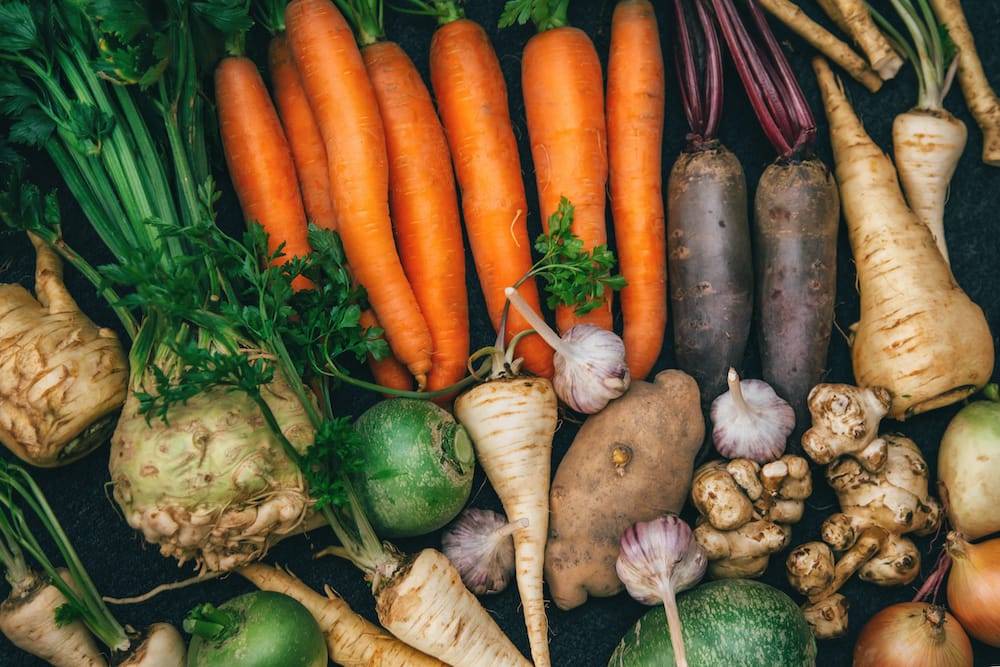
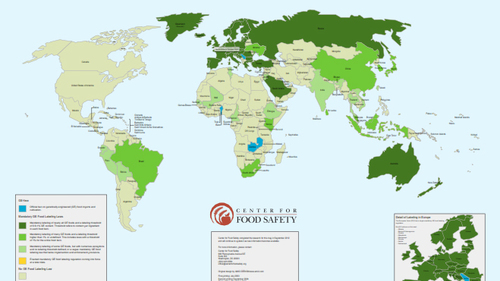
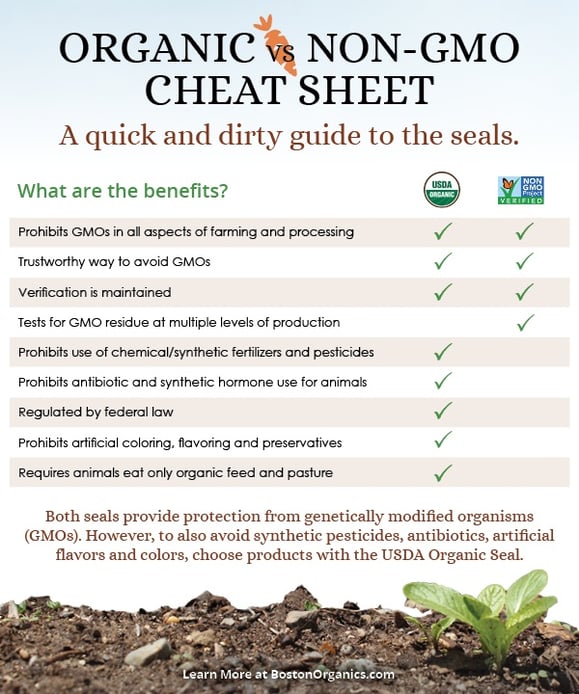

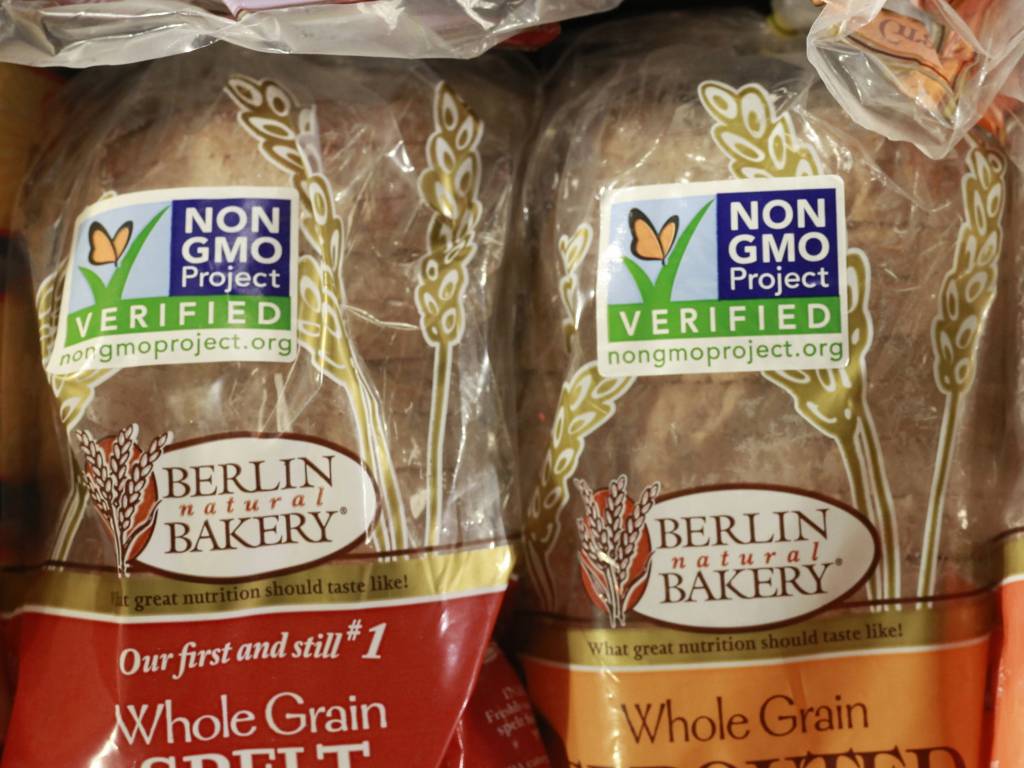



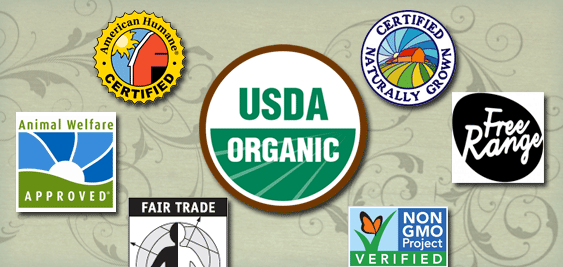
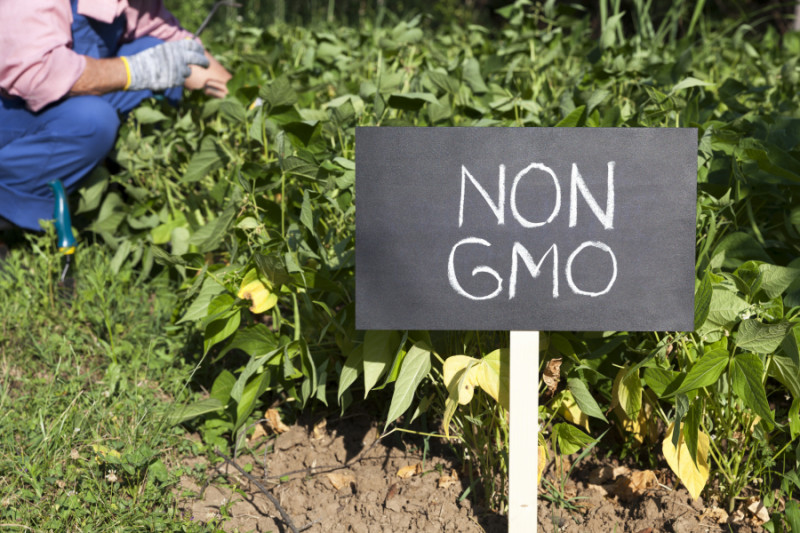
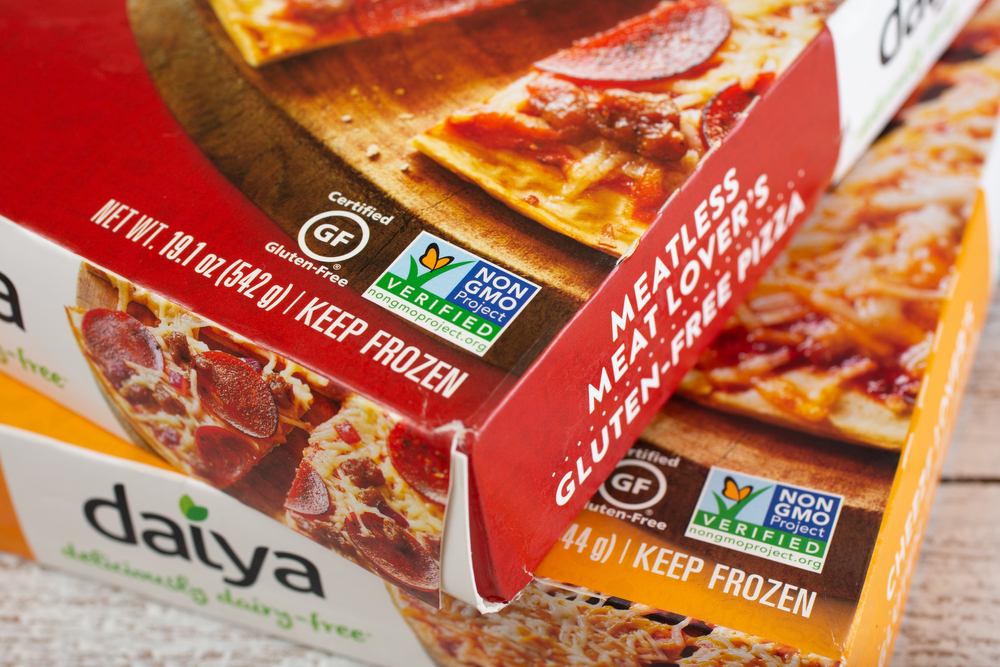
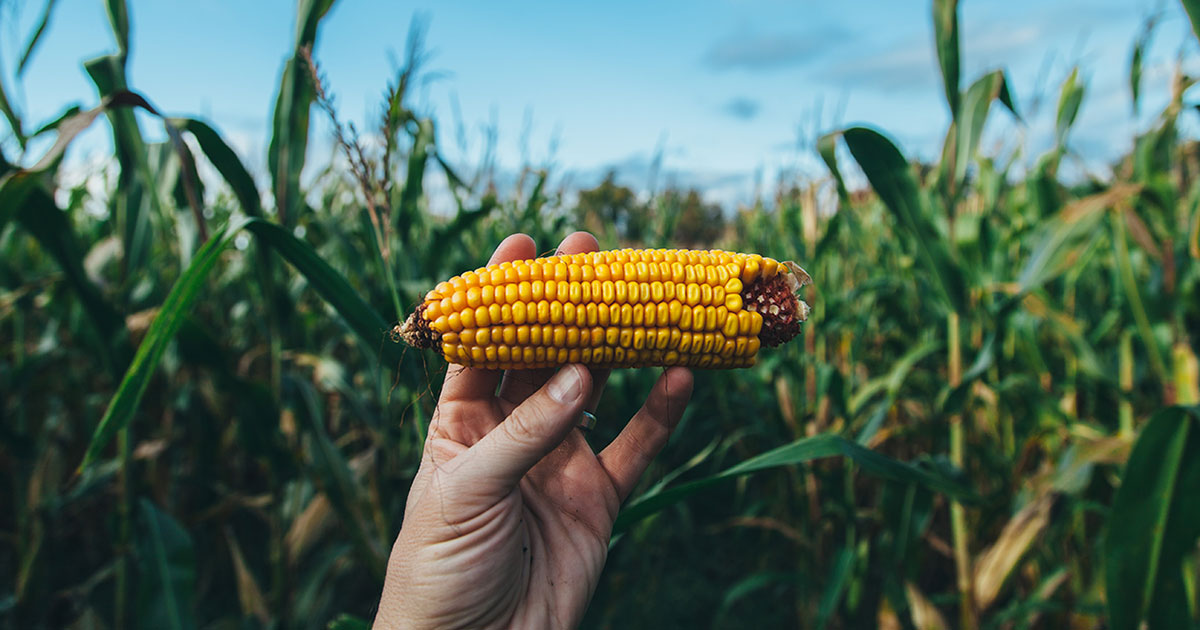
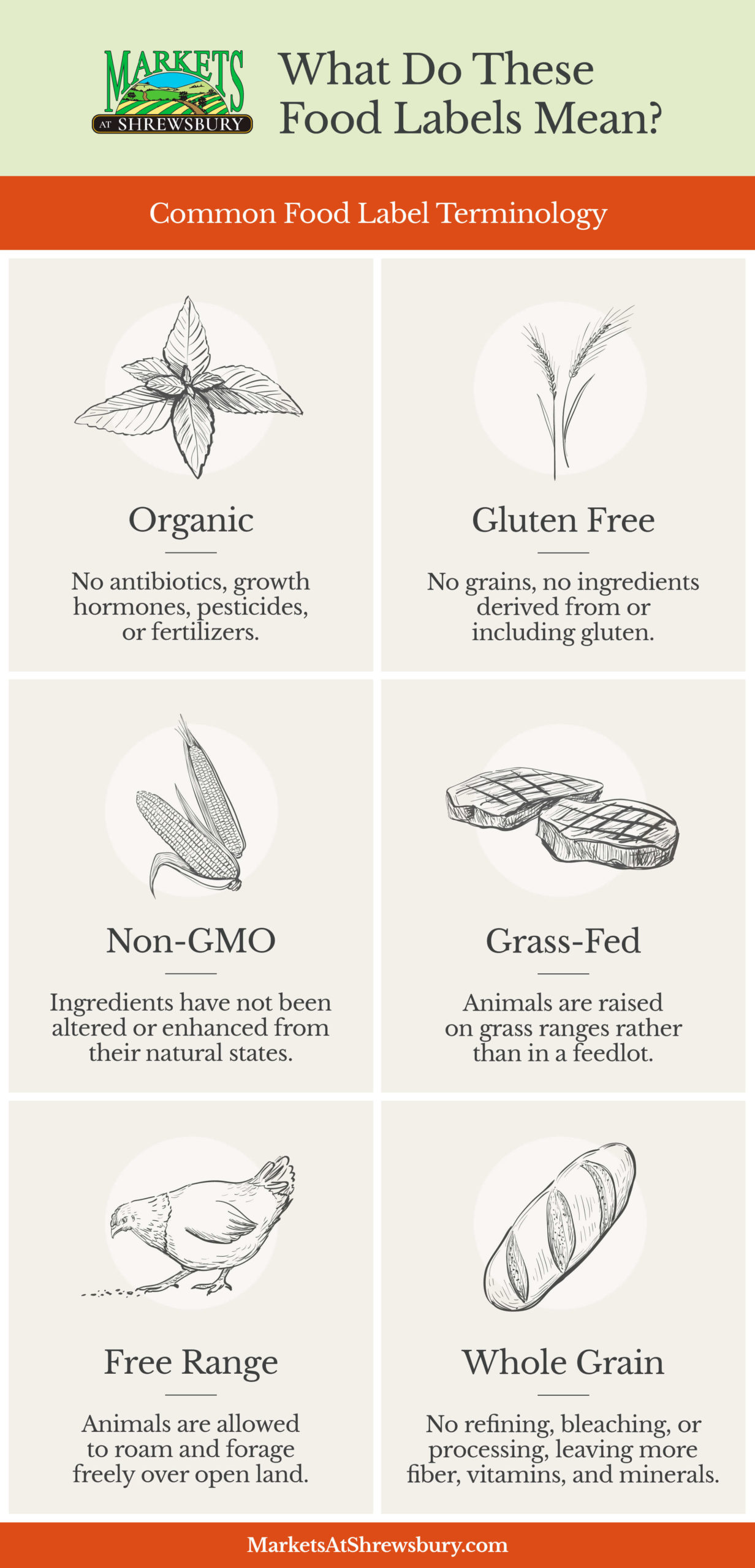


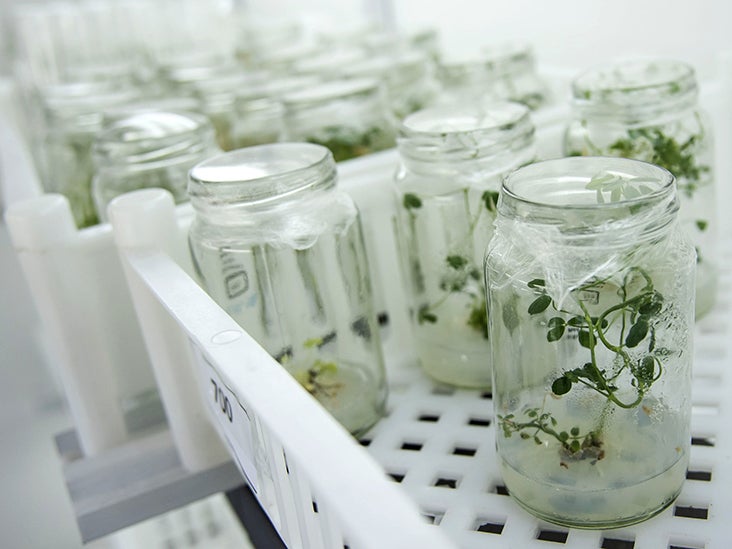
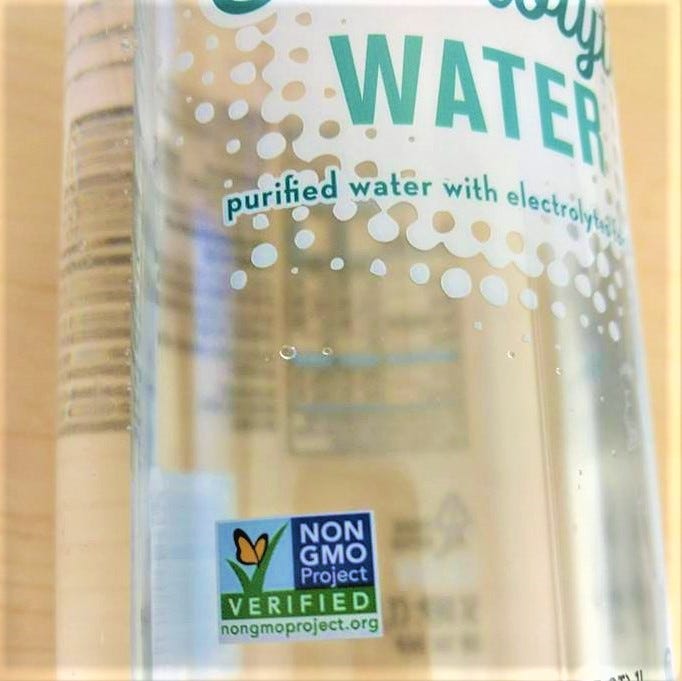
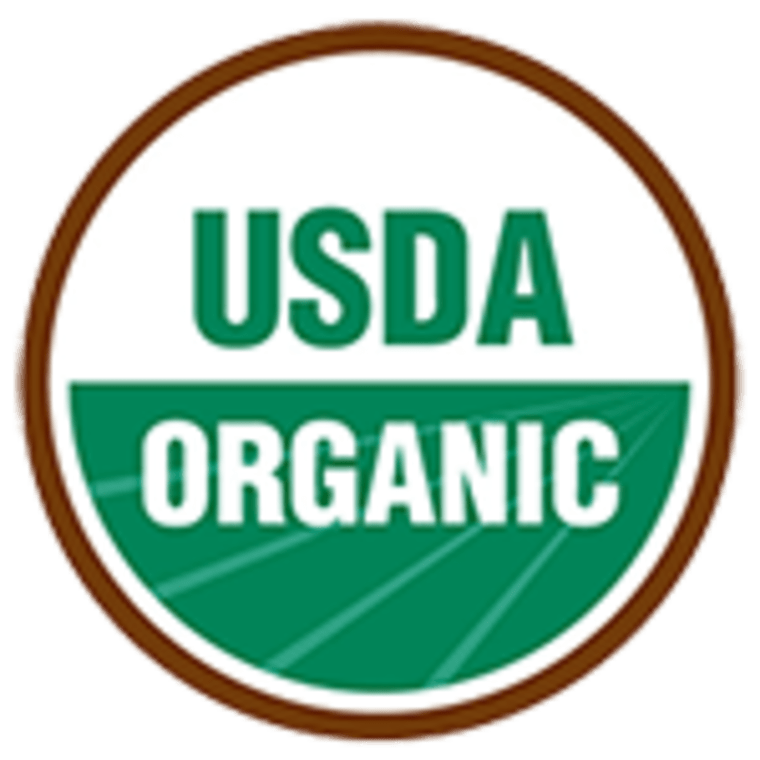


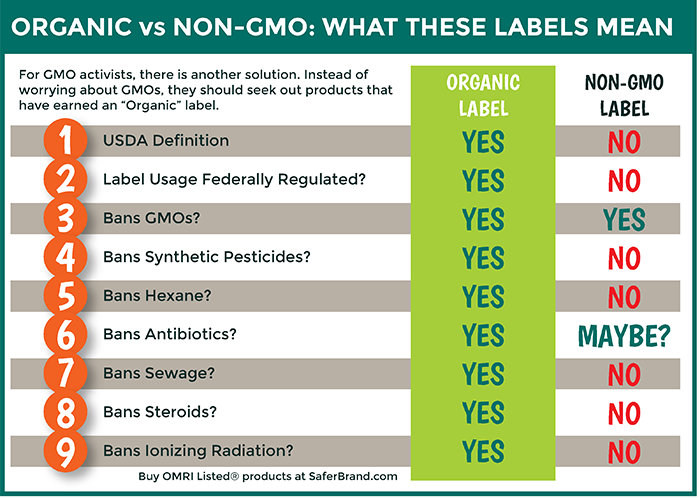


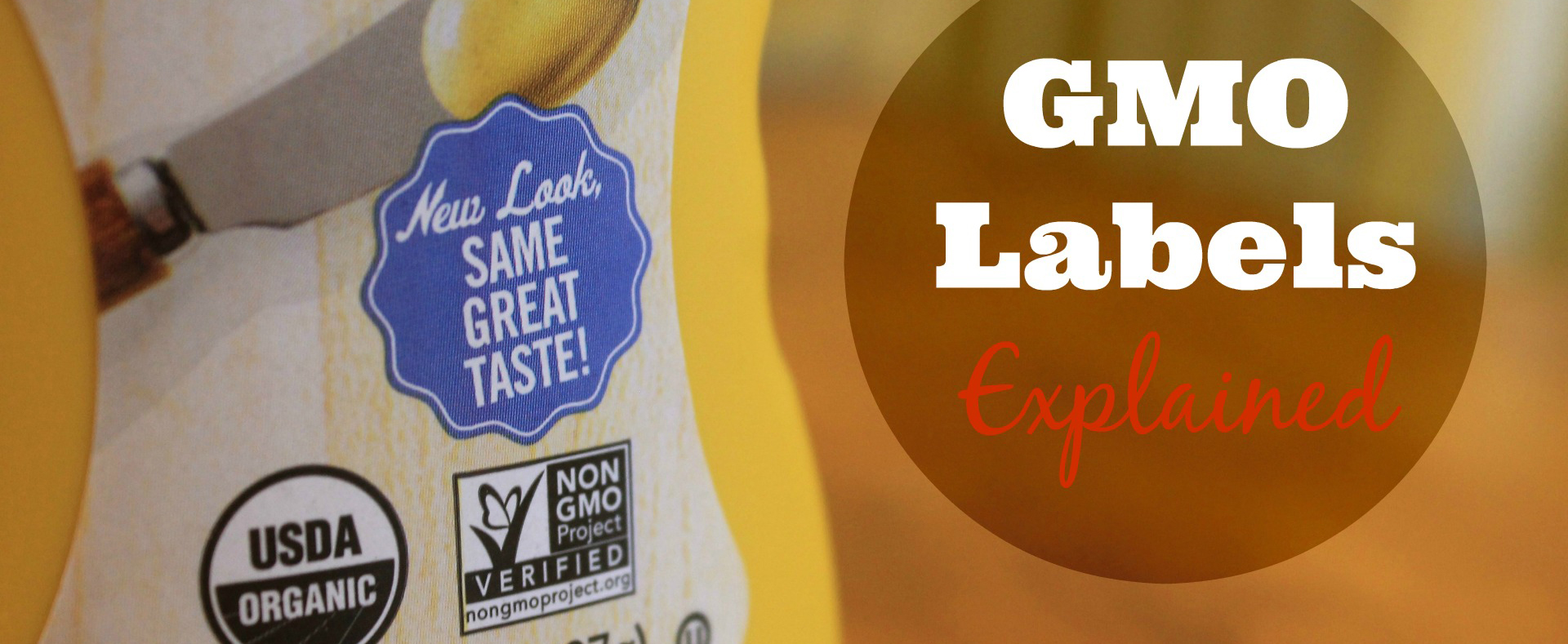
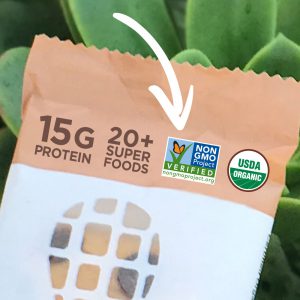






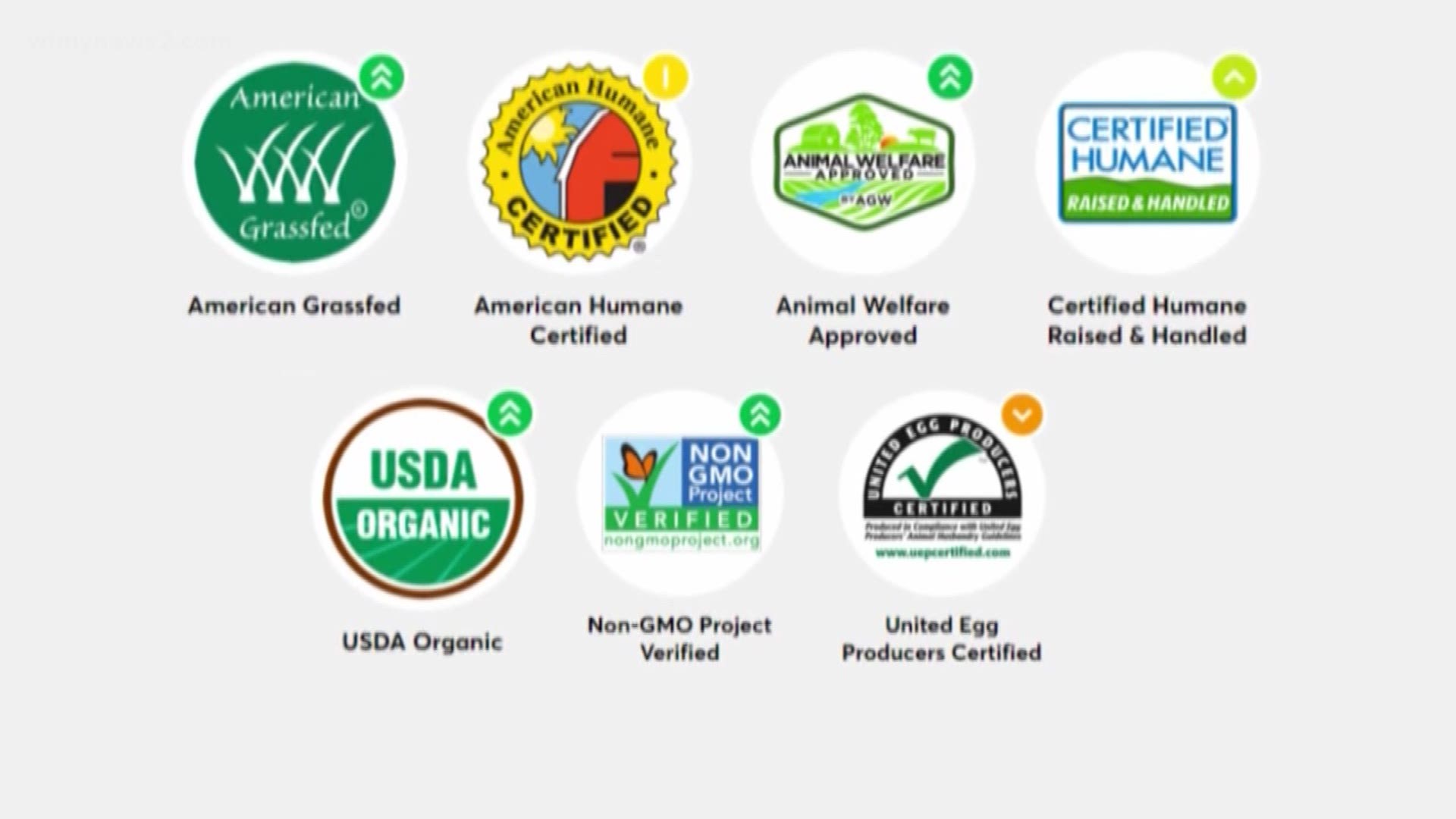
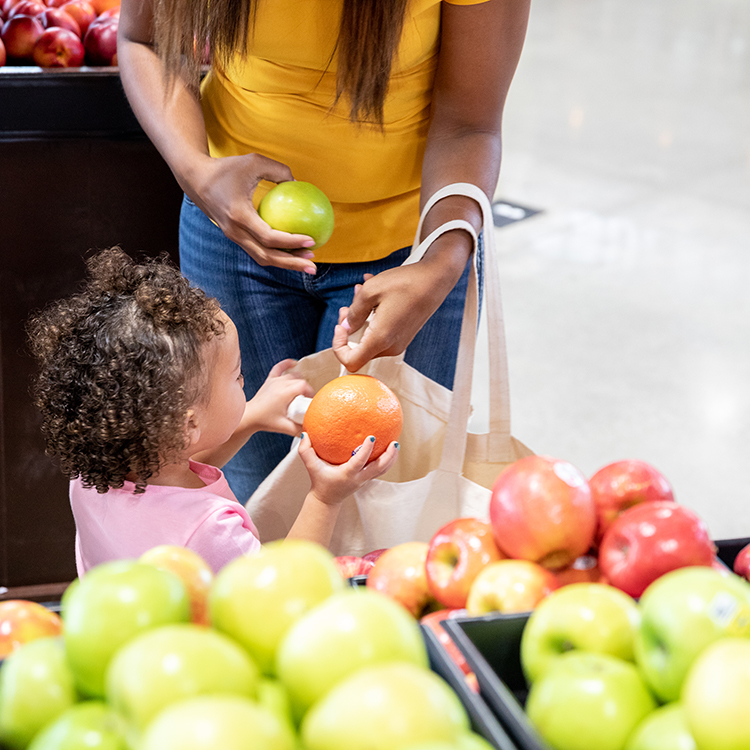

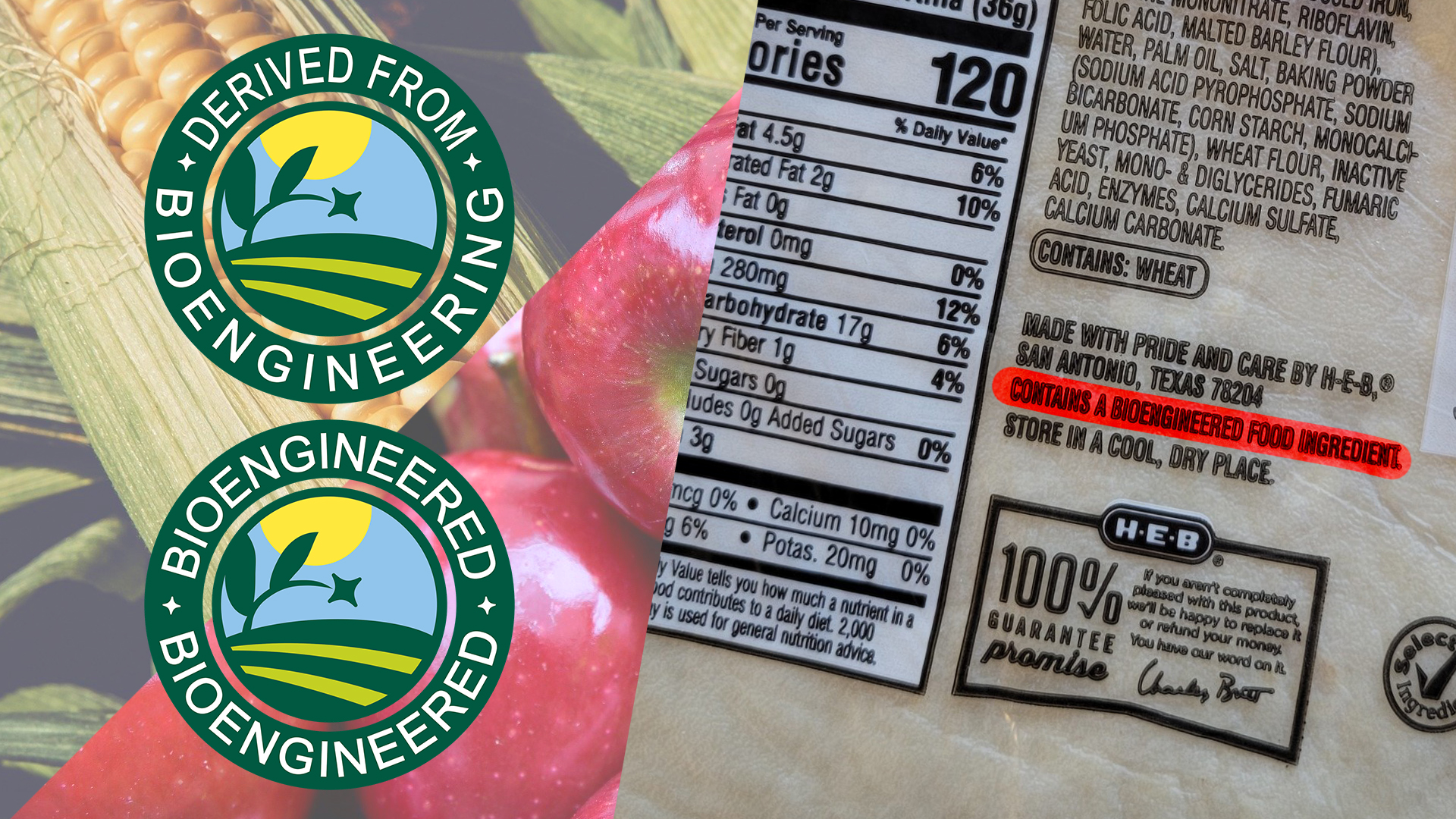

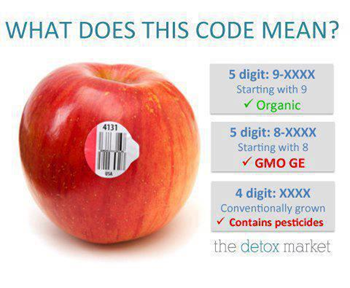

Post a Comment for "43 what does gmo mean on food labels"